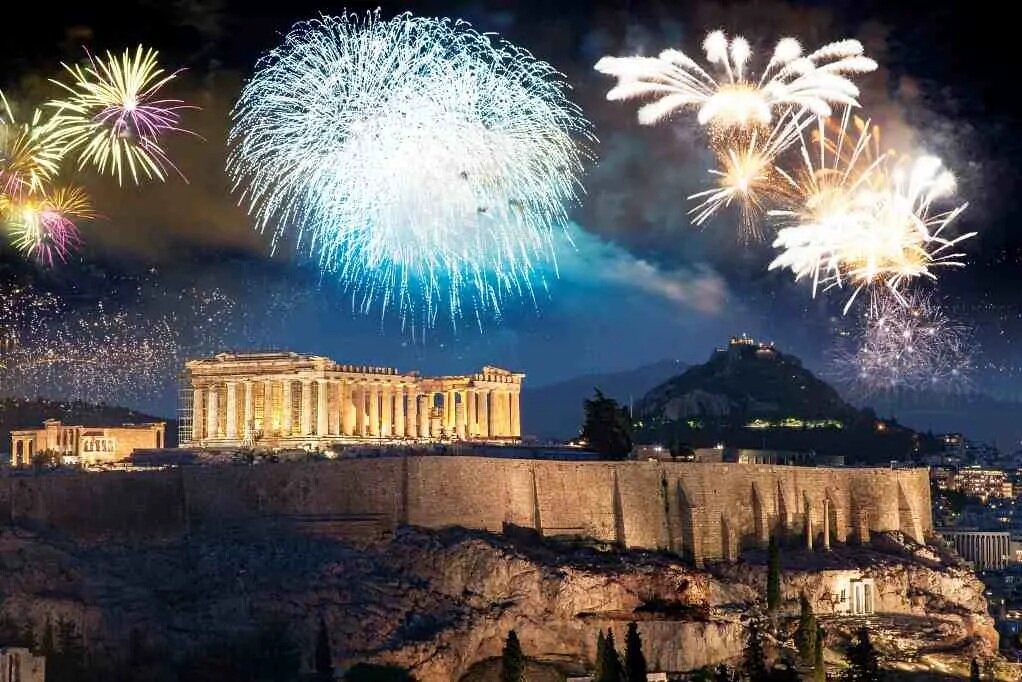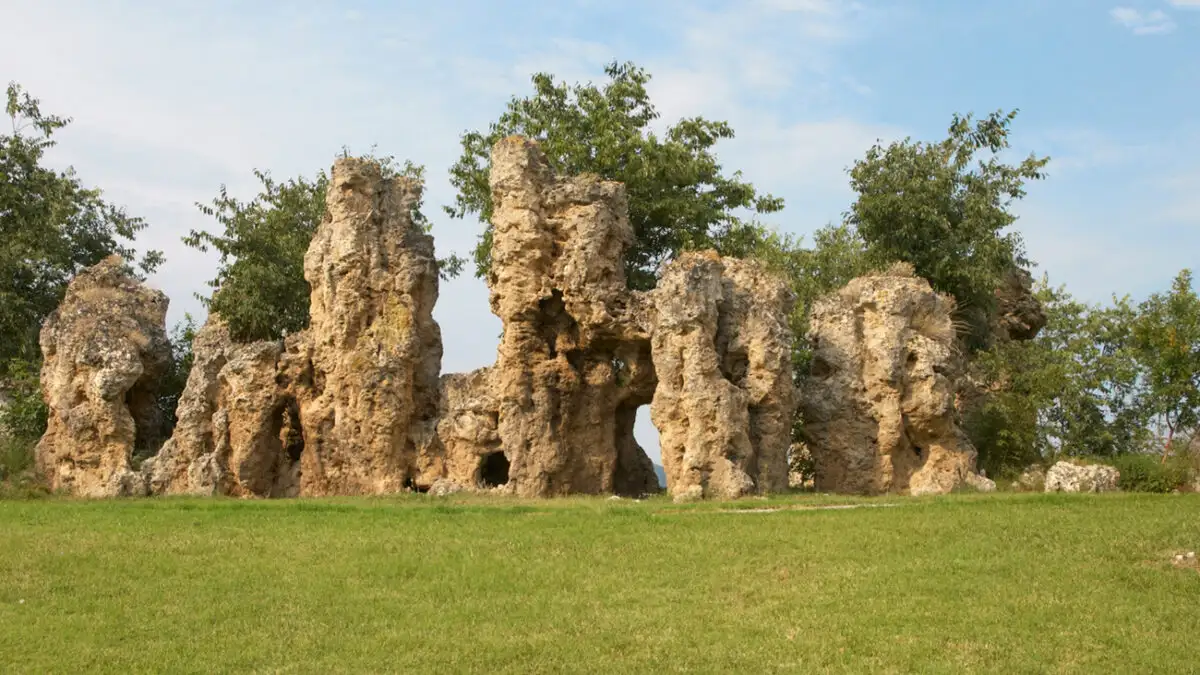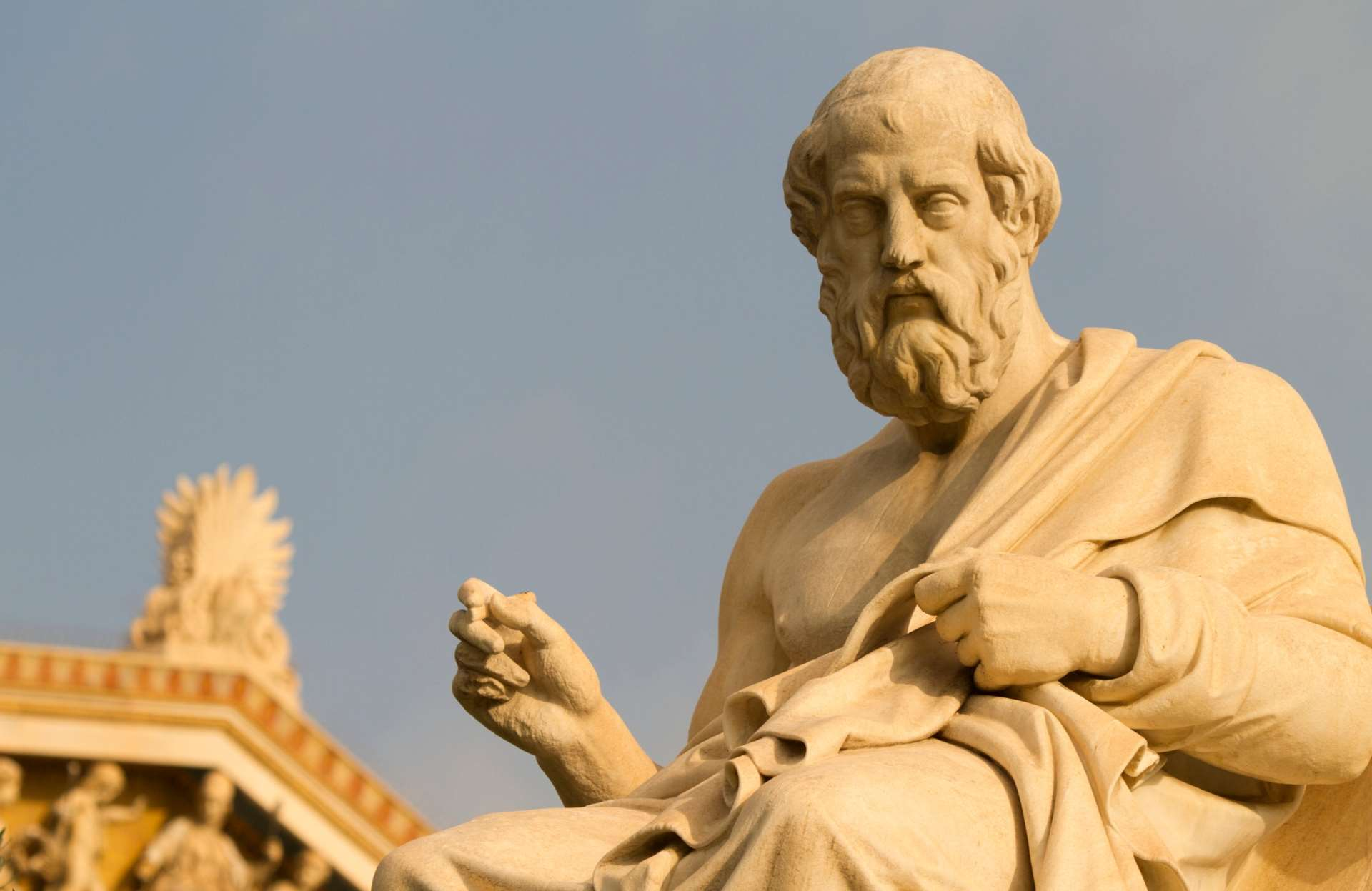It seems that in ancient Greece the New Year was not celebrated, since for that time the beginning of each month, called noumenia, was more important.
In Athens, however, an epigraphic testimony informs us of a religious ceremony which took place at the beginning of the new year, or rather on the last day of the current, but which concerned only a limited number of people. It was an offering of the officials to Zeus and Athena and was intended to earn the favor of these gods for the new year.
It was not until Roman times, and under the influence of Rome, that the New Year's ceremony began to extend to the whole of Roman Empire and thus to Greece. It was Julius Caesar, in 46 B.C., who fixed January 1 as the beginning of the year, which has since prevailed in the West with few and local and temporary exceptions, such as in the time of Charlemagne (the latter, because he happened to ascend the throne at Christmas 800 AD fixed December 25 as the beginning of the year for his reign). To Julius Caesar and to the knowledge of the famous astronomer from Alexandria, Sosigenes, whose help he had asked for, we owe the adjustment of the year during the rotation of the earth around the sun. The order of the months, their duration and their names, which is valid today, we owe largely to the Roman general and politician.
In ancient Greece the year consisted of twelve lunar months, usually alternating between 29 and 30 days (these are the "hollow" or "full" months of antiquity). The boundaries of each month were marked by the appearance of two new moons so that its duration was about 29 ½ days. Problematic, however, was the introduction of a year of 354 days, which without action would steadily increase, since a solar year has 365 days. To eliminate this difference, a month of about 22-23 days was added at intervals, usually every two years. Most probably the Greeks in the 8th century B.C. used a calendar year of about 12 months since a mention of its existence is found in Hesiod, though some question the value of this evidence.
The relationship between the calendar year and celebrations was very close to the Greeks, as evidenced by the fact that the names of most of their months derive from the names of the celebrations during those months. These festivals are rarely connected with episodes from the lives of the gods themselves (for example, the month of Gamelion (January), in which the sacred marriage of Zeus and Hera was celebrated, human marriages were considered a repetition of this marriage) and usually have to do with the agricultural activities that took place during this period and by which man ensured his harvest and thus his existence and continuance.
The fact that in several parts of the ancient Greek world the names of the months are not associated with the celebrations of their main gods, but mostly with those of Apollo, implies that a sanctuary of this god must have been important in establishing them with panhellenic acceptance, as evidenced at Delphi.









